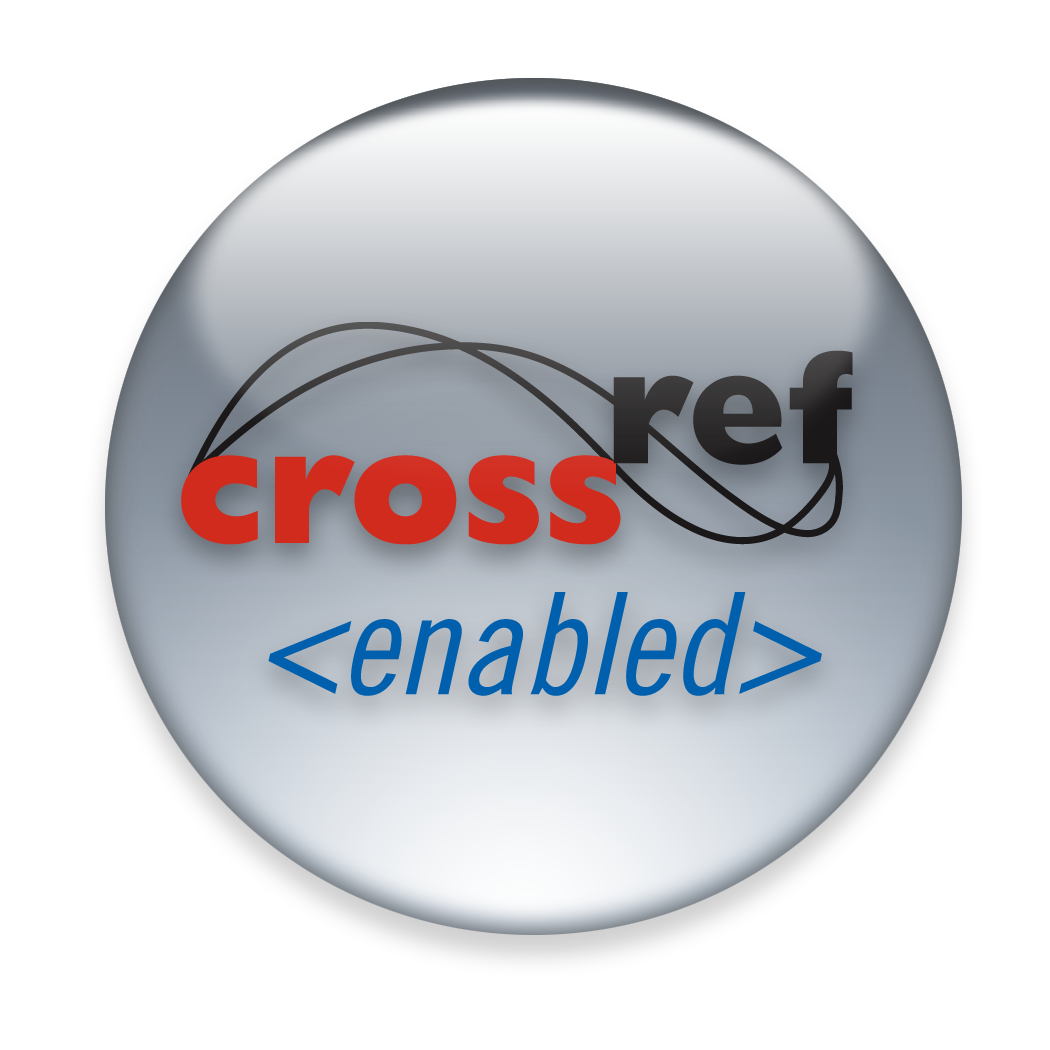Type of Article : Original Research
Year: 2016 | Volume 4 | Issue 2 | Page No. 1468-1475
Date of Publication: 11-04-2016
DOI: 10.16965/ijpr.2016.119
PERCEPTION OF RECENT PHYSIOTHERAPY GRADUATES REGARDING ELECTROTHERAPY IN UNDERGRADUATE CURRICULUM CONTENT
Shivani Chowdhury Salian *1, Jyoti Singh 2.
1 Professor and HOD, Department of Electrotherapy and Electrodiagnosis, School of Physiotherapy, D.Y.Patil University, Nerul, Navi Mumbai, India.
*2 Physiotherapy Intern, School of Physiotherapy, D.Y.Patil University, Nerul, Navi Mumbai, India.
E-Mail:chowdhury.shivani@gmail.com
Background: Electrotherapy like other area of physiotherapy is a rapidly advancing field. To keep abreast of changes, curricula need regular evaluation and updating. The curriculum consists of many components that may vary from content to time tabling.
Methodology: The aim of the present study was to determine the perception of the graduate students for electrotherapy curriculum with regards to content, teaching method and clinical learning. This information will contribute to an overall evaluation of the present electrotherapy curriculum. A cross-sectional survey was conducted amongst graduates (BPT) passed out in the year 2013 until 2015. Validated Questionnaire was used to gather the information. The questionnaire was validated in the School of Physiotherapy, D.Y.Patil University, Nerul, Navi Mumbai. Data was collected and tabulated and statistical analysis was done using SPSS and Microsoft Excel software.
Results: Results indicated that 52 % found that more information should be included on the machines like Laser, EMG, NCS and magnetic field. Almost every respondent felt that they would have like more information about electrotherapy and electro diagnosis related alternative technique e.g. Acupuncture TENS, Shock wave diathermy, EMG, NCS and Dry needling etc. 48% disagreed that the third and fourth year curriculum content was adequate for clinical practice. 50% disagreed that the third and fourth year curriculum content was relevant to clinical practice. Most of the respondents felt that Ultrasound, Hot packs, Cryotherapy, SWD, Paraffin Wax bath, TENS, IFT, Direct current, Iontophorosis, EMG, NCS were very important topics being taught in entry level training for beginning level practice. IR, UVR, Static magnets and Micro current were not important topics while biofeedback, laser therapy were somewhat important.
Conclusions: It was evident from the survey that the BPT curriculum of Electrotherapy was relevant to current practice but inadequate in certain specific areas for example hands on practice of newer equipments, clinical practice in EMG, NCS, Laser and Micro current.
Key Words: Undergraduate Curriculum, Electrotherapy, Relevance.
References
- Hawes H. Curriculum and Reality in African Primary Schools, 1st edition Chap 2. Longman Group publishers, Singapore 1982.
- Squires G 1987, The curriculum beyond school, 1st edition chap 1. Hodder and Stoughton, London.
- Shepard KF, Jensen GM. Handbook for teaching for physical therapists, 2nd edition Chap 1-8. Butterworth-Heinemann, USA 2002.
- Watson T. The role of electrotherapy in contemporary physiotherapy practice. Manual Therapy 2000;5:132-141.
- Anita. S. Gounden. Perceptions of Recent Wits Physiotherapy Graduates Regarding The Orthopaedic Manipulative Therapy (OMT) Undergraduate Curriculum Content-Johannesburg, 2005.
- Dennis JK. Decisions made by physiotherapists: a study of private practitioners in Victoria. Australian Journal of Physiotherapy 1987;33:181-191.
- Lindsay D, Dearness J, Richardson C, Chapman A and Cuskelly G. A survey of electro modality use in private physiotherapy practice. Australian Journal of Physiotherapy. 1990;36:249-256.
- Robertson VJ and Spurritt D. Electro physical agents: implications of their availability and use in undergraduate clinical placements. Australian Journal of Physiotherapy 1998;84:335-344.
- Chipchase L and Trinkle D. Ultrasound usage and perception of effectiveness by musculoskeletal physiotherapists in South Australia. Hong Kong Journal of Physiotherapy 2003;21:5-14.
- Wolf RM. Evaluation in education. Foundations of competency, assessment and program review, 2nd edition. Praeger, USA 1984.
- Coles CR, Grant JG. Curriculum evaluation in medical and health care education. Medical Education 1985;19:405-422.
- Lake DA. Student performance and perceptions of a lecture-based course compared with the same course utilizing group discussion. Physical Therapy 2001;81(3): 896-902.
- Sanson-Fisher R, Rolfe I 2000: The content of undergraduate health professional courses: a topic largely ignored? Medical Teacher 2000;22(6):564-567.
- Bandaranayake R. The concept and practicability of a core curriculum in basic medical education. Medical Teacher 2000; 22(6): 560-564.
Shivani Chowdhury Salian, Jyoti Singh. PERCEPTION OF RECENT PHYSIOTHERAPY GRADUATES REGARDING ELECTROTHERAPY IN UNDERGRADUATE CURRICULUM CONTENT. Int J Physiother Res 2016;4(2):1468-1475. DOI: 10.16965/ijpr.2016.119

